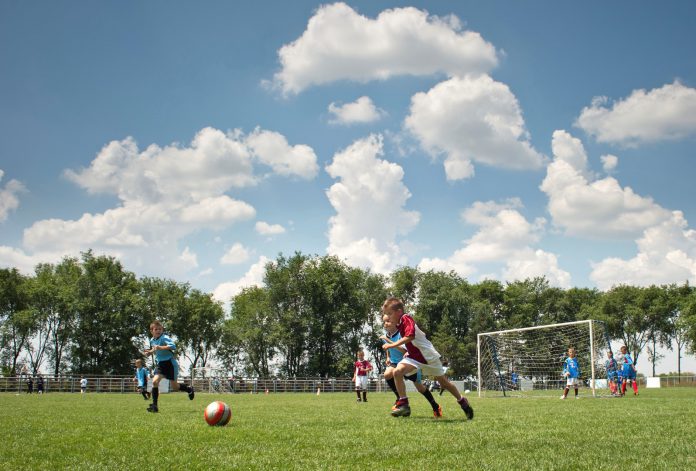The best coaches take the time to understand their athletes so that they can provide the best environment to help them succeed.
1) Understand your athlete’s readiness to develop
The reasons behind why athletes engage in sport programmes are unique to the individual. They are also very likely to change with time and experience. So it’s important to understand your athlete’s motivations and drivers carefully.
There are 3 important areas important to an athlete’s readiness to develop.
- Reason to play
- Drive to train
- Level of resilience (ability to endure the tough times)
This is about looking deeper than just what appears on the surface. How well an athlete engages in a programme will significantly affect their motivation to stay dedicated, work hard, persist in the face of challenges and setbacks, and ultimately, succeed.
This is a fundamental concept and one that you must respect. Everything you do as a coach has the potential to influence it – for the good and for the bad.
2) Help your athletes decide what’s important
“Athletes are at their best when they are in pursuit of a great goal or challenge – one which excites them to reach inside themselves and grow”.
Sport is a multifaceted art. Many different aspects must be individually mastered and then combined to achieve real success.
Too often, an athlete fails because the things that are the most important to improve to take performance to the next level are neglected. Athletes ‘drift’ from one day to the next, doing the same old thing in the same way, and then wonder why they never make the necessary progress towards what they really want to achieve.
When it comes to development (i.e. doing things that improve performance), a clear direction to move in is critical. Three main components will afford your ability to develop this.
- Athletes need to know what they want and believe. Its important for athletes to be critical about what they want and what they think they need to get there.
- Athletes need to appreciate what others know and believe; particularly any experts who might be useful or stakeholders that can help accelerate their development. An isolated view is restricting.
- Athletes need an empathetic and confirming environment that gives them responsibility and encourages accountability for their actions.
3) Make learning and growing personal
One of the key characteristics of the adolescent culture of today is that individuals are motivated by feeling rather than truth.
In others words, they do what makes them feel good at the time rather than what’s in their best interest long term. Unfortunately, this can be very detrimental to development.
Athletes need to realise the truths impacting on their performance as quickly as possible so that they can then shape their actions accordingly.
To achieve this effectively it is important that you affect the way your athletes feel first, which stems from developing an emotional connection with your athletes. You need to make their sporting experience personal. You must make your athletes say ‘wow this is different, this guy really cares about me and what I want’.
Athletes are much more likely to take action on something when the outcome has personal meaning and significance.
4) Build great relationships
“People don’t care how much you know until they know how much you care”. – Theodore Roosevelt
You must really care about your athletes and demonstrate it clearly in your actions. Not only about their journey as an athlete, but also as a person.
To achieve this you need to prioritise building great relationships. Not only with your athletes, but also with the key parties involved in their development journey (i.e. teachers, administrators, friends and family).
Found your relationships on honesty, trust and a shared vision so that the benefits of an effective training environment can be realised. Operate dialogue that is open, transparent and empathetic.
Building relationships is a personal thing that can be achieved in many different ways. Therefore, there are no strict rules to follow, just an expectation that you make it a priority, be professional, and always act in the best interests of your athletes.
Be the best you can be,
Craig






































